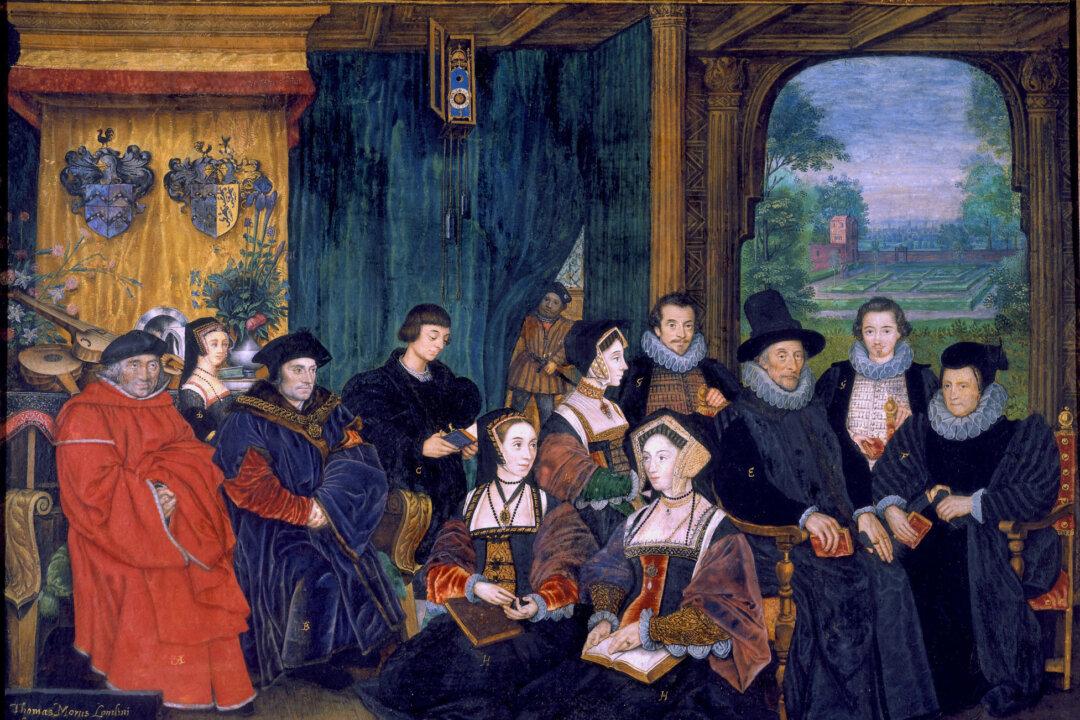The essential elements of a good education don’t change over the centuries. Human nature remains the same, and the process by which a teacher coaxes a human soul into full bloom remains, in many ways, untouched. In fact, when it comes to the study of the classics and a traditional approach to the humanities, scholars of past centuries arguably had a better understanding and method of education than many educators do today.
One such scholar was Thomas More, an English statesman and humanist during the late 15th and early 16th centuries. We can still profit from his educational wisdom 500 years later.






